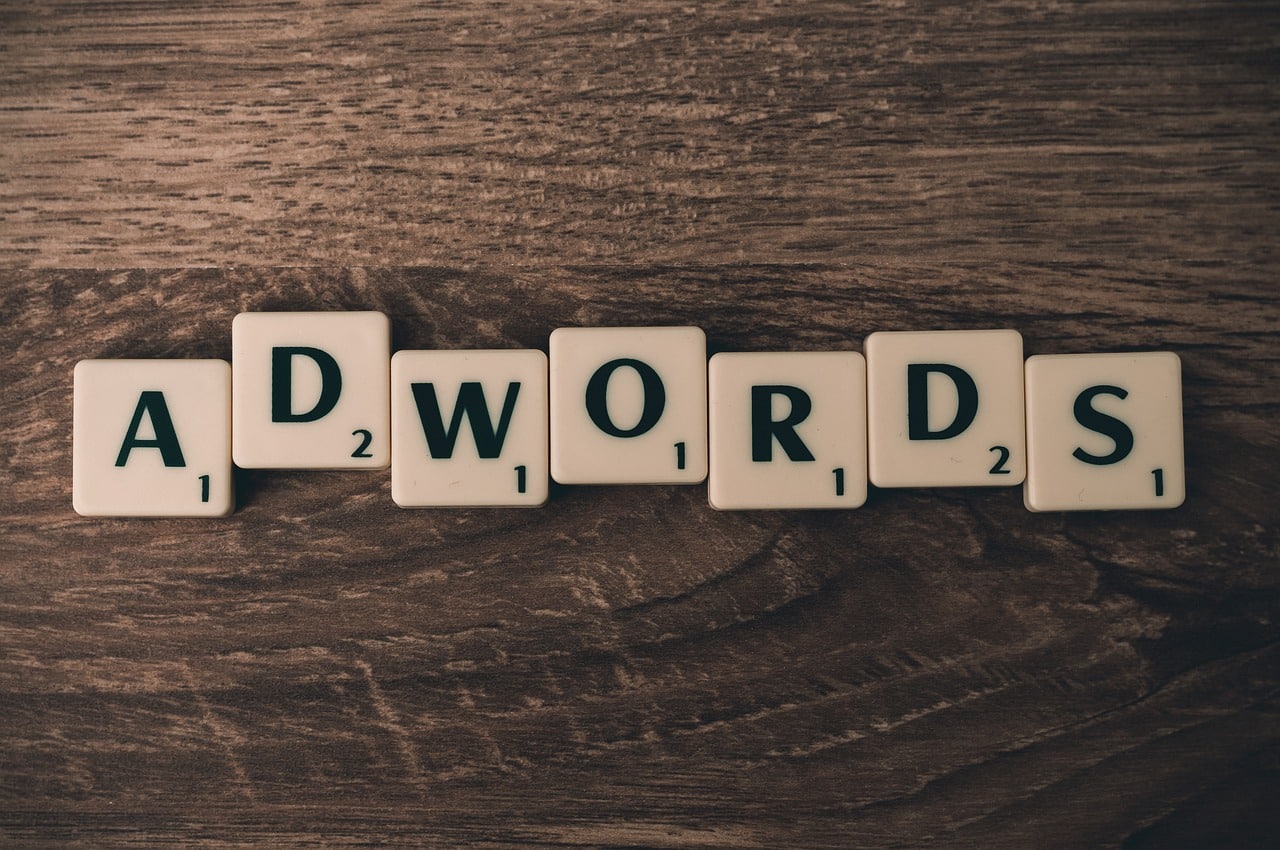In today’s digital age, online advertising has become a cornerstone of business promotion and growth. Among the multitude of digital advertising strategies, Pay-Per-Click (PPC) advertising stands out as a highly effective and widely utilized method. In this article, we’ll delve into the world of Google Pay-Per-Click advertising, exploring its key concepts, benefits, and how businesses can harness its potential to drive targeted traffic and achieve their marketing objectives.
Understanding Google Pay-Per-Click Advertising
Google Pay-Per-Click advertising, often referred to as Google PPC or Google Ads, is a form of online advertising where advertisers bid on specific keywords to have their ads displayed prominently in Google’s search results and partner websites. Unlike traditional advertising models where you pay a fixed fee, PPC operates on a pay-as-you-go basis, meaning advertisers only pay when users click on their ads.
How Google PPC Works
- Keyword Selection: Advertisers identify keywords or phrases relevant to their products or services. These keywords are what users might enter into the search bar when looking for information, products, or services online.
- Bid Auction: Advertisers then enter into a bidding auction for their chosen keywords. They specify the maximum amount they are willing to pay for a click on their ad.
- Ad Quality and Relevance: Google uses a combination of bid amount and ad quality to determine the ad’s position in search results. Ad quality is evaluated based on factors such as ad relevance, landing page quality, and expected click-through rate.
- Ad Display: When a user searches for a keyword, Google’s algorithm determines which ads to display based on the bids and quality scores. The ads appear at the top and bottom of the search results page, marked as “Ad.”
- Cost and Payment: Advertisers are charged only when a user clicks on their ad, hence the name “Pay-Per-Click.” The cost of a click varies depending on factors like competition, relevance, and ad quality.
Benefits of Google PPC Advertising
- Highly Targeted: Google PPC allows advertisers to target specific keywords, demographics, locations, devices, and even the time of day, ensuring that ads are displayed to a highly relevant audience.
- Immediate Results: Unlike organic search optimization, which takes time to show results, PPC campaigns can drive immediate traffic to your website as soon as the ads are approved and launched.
- Control and Flexibility: Advertisers have complete control over their campaigns, including budget allocation, ad content, and targeting options. This flexibility enables quick adjustments based on real-time performance data.
- Measurable and Trackable: Google Ads provides detailed analytics that allow advertisers to track clicks, impressions, conversions, and other key metrics. This data helps assess the effectiveness of campaigns and make informed decisions.
- Budget-Friendly: With Google PPC, advertisers can set daily or monthly budgets, ensuring that they don’t overspend. This makes it accessible to businesses of all sizes, from startups to large corporations.
- Brand Visibility: Even if users don’t click on your ads, the mere presence of your brand in search results can contribute to increased brand visibility and recognition.
Creating a Successful Google PPC Campaign
- Keyword Research: Thoroughly research and select relevant keywords that align with your business and target audience. Use tools like Google’s Keyword Planner to identify high-traffic and cost-effective keywords.
- Compelling Ad Copy: Craft engaging and concise ad copy that highlights the value proposition of your product or service. Include a strong call-to-action to encourage clicks.
- Landing Page Optimization: Ensure that the landing page you direct users to is relevant, user-friendly, and optimized for conversions. A seamless user experience can significantly impact the success of your campaign.
- Ad Extensions: Take advantage of ad extensions to provide additional information, such as site links, callouts, and contact information. Ad extensions enhance your ad’s visibility and provide more value to users.
- Monitor and Adjust: Regularly monitor the performance of your campaigns and analyze the data. Make adjustments to keywords, ad copy, and targeting based on what’s working and what isn’t.
- Testing: Conduct A/B testing to experiment with different ad variations and landing pages. This iterative approach helps you refine your strategy and achieve better results over time.
Google Pay-Per-Click advertising offers a powerful and versatile platform for businesses to reach their target audience with precision and efficiency. By understanding the mechanics of PPC, harnessing its benefits, and implementing a well-thought-out campaign strategy, businesses can drive qualified traffic to their websites, boost conversions, and achieve their marketing goals.
As the digital landscape continues to evolve, Google PPC remains a cornerstone of online advertising, empowering businesses to connect with their audience on a global scale and thrive in the competitive digital marketplace.
Need a Google Ads management? Contact our online marketing agency today for a free consultation.

